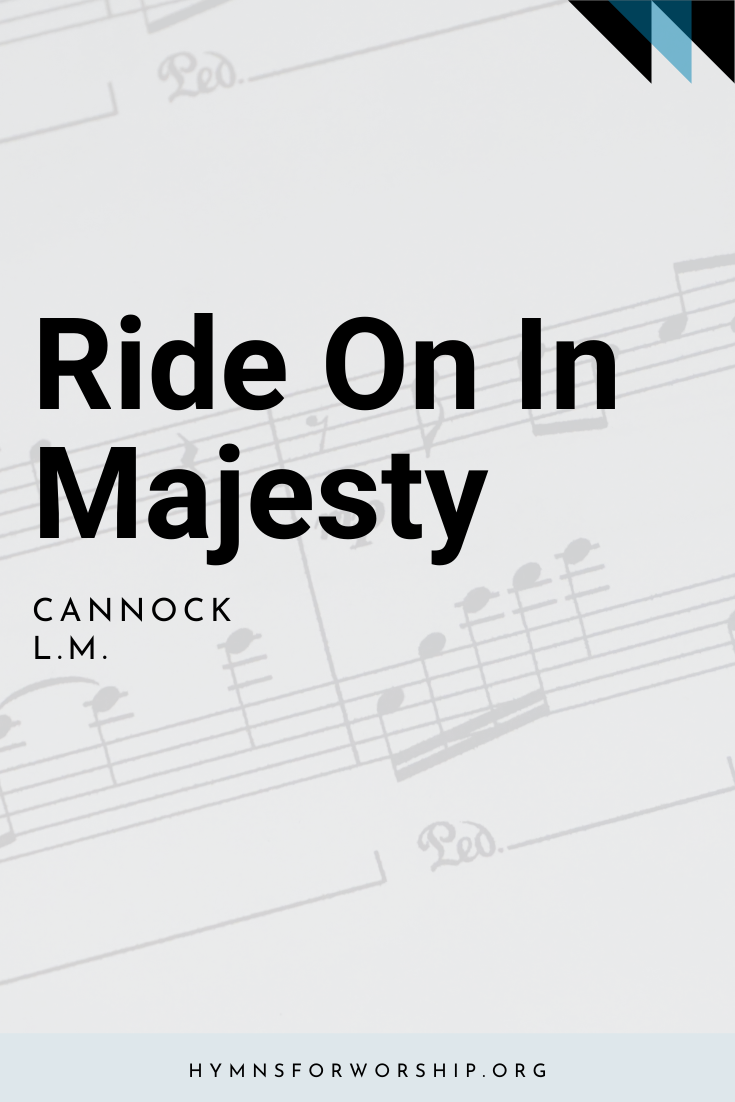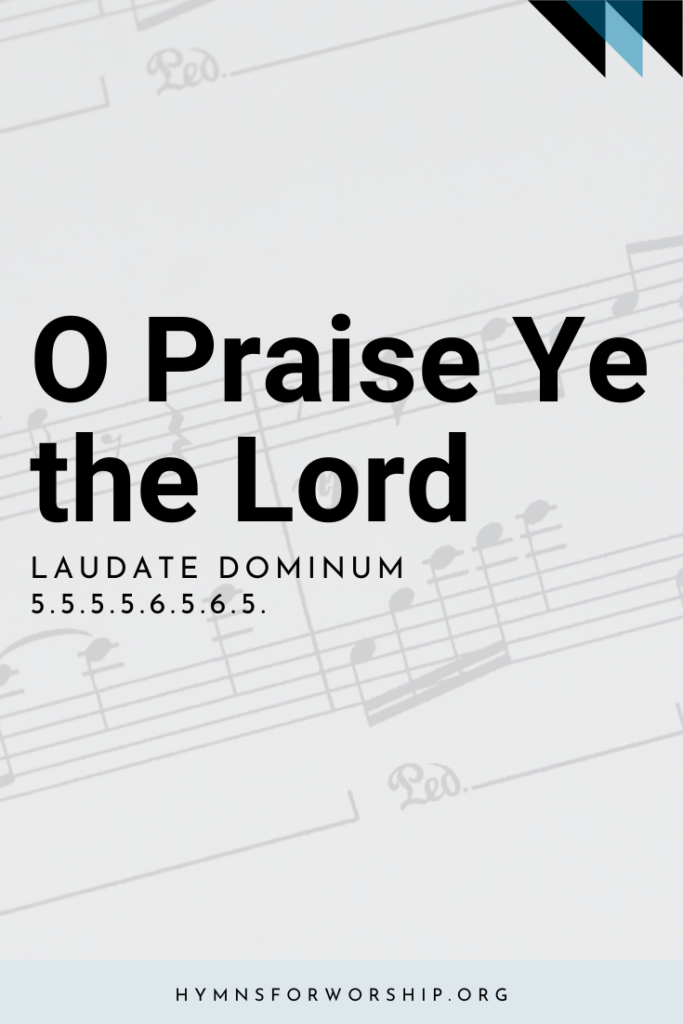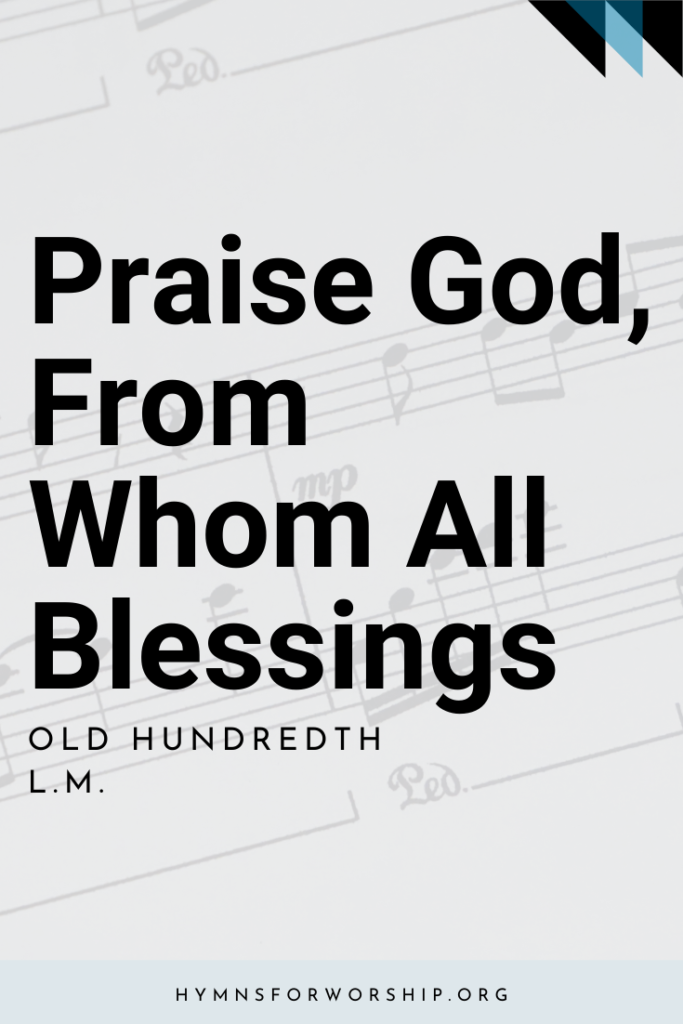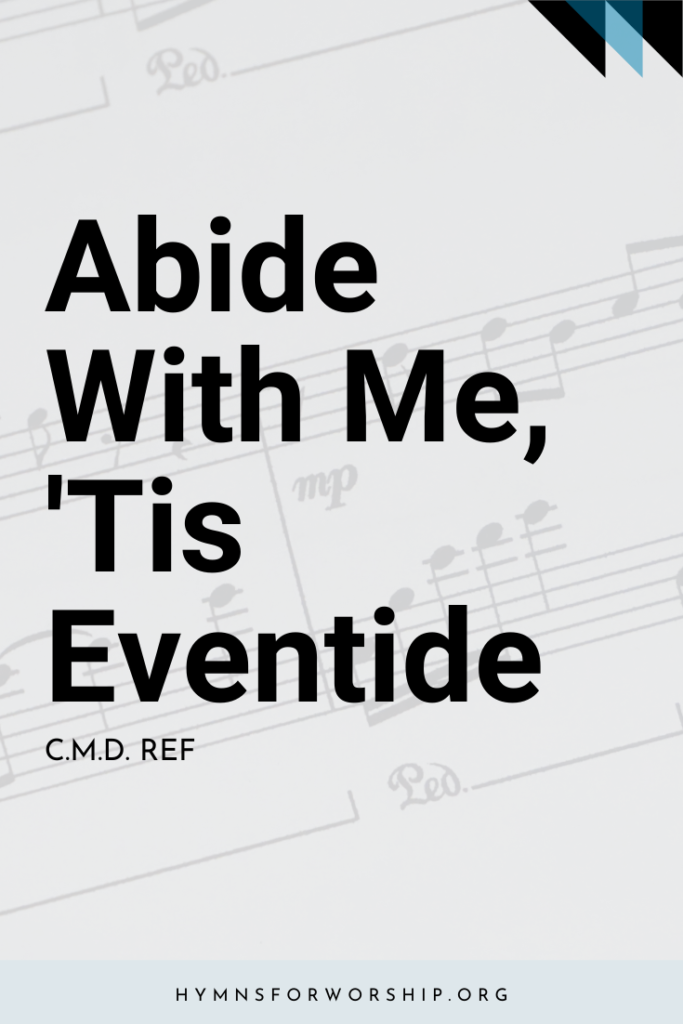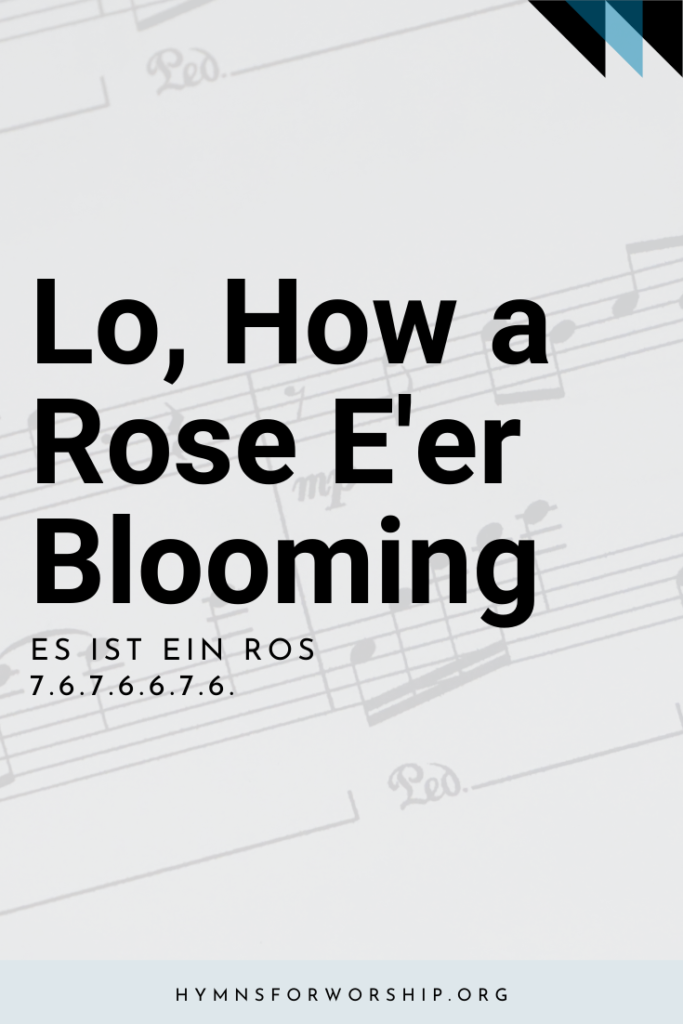JESUS CHRIST >> SUFFERINGS & DEATH
SDAH 160
Ride on! ride on in majesty!
Hark, all the tribes hosanna cry;
O Savior meek, pursue Thy road
With palms and scattered garments strowed.



Get the hymn sheet in other keys here
For Worship Leaders
Make each hymn more meaningful with these helpful tools: Short, ready-to-use hymn introductions for church bulletins, multiple ways to introduce a hymn based on your worship theme and in-depth history and insights to enrich your song service.


Text
1
Ride on! ride on in majesty!
Hark, all the tribes hosanna cry;
O Savior meek, pursue Thy road
With palms and scattered garments strowed.
2
Ride on! ride on in majesty!
In lowly pomp ride on to die;
O Christ, Thy triumphs now begin
O’er captive death and conquered sin.
3
Ride on! ride on in majesty!
The winged squadrons of the sky
Look down with sad and wondering eyes
To see the approaching sacrifice.
4
Ride on! ride on in majesty!
In lowly pomp ride on to die;
Bow Thy meek head to mortal pain,
Then take, O God, Thy power and reign.

Hymn Info
Biblical Reference
(a) Matt 21: 9, 5-8
Author
Henry H. Milman (1791-1868)
Year Published
1827
Copyright
Music from the BBC Hymn Book by permission of Oxford University Press
Hymn Tune
CANNOCK
Metrical Number
L.M.
Composer
Walter K. Stanton (1891-1978)
Notes
Make each hymn more meaningful with these helpful tools: Short, ready-to-use hymn introductions for church bulletins, multiple ways to introduce a hymn based on your worship theme and in-depth history and insights to enrich your song service.

